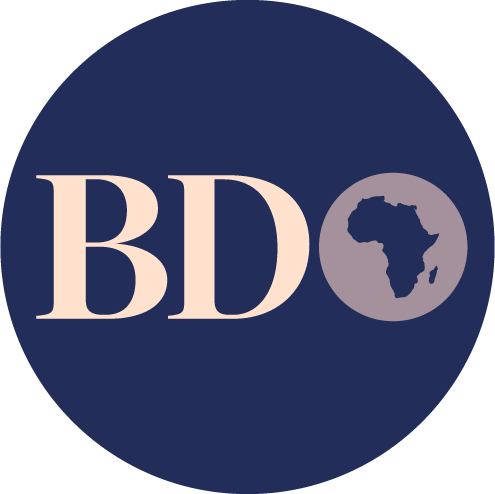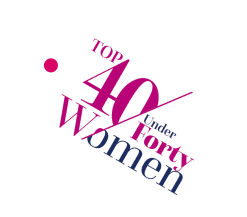Growing up in Gathiga, a small village on the outskirts of Kiambu County, Dr Elizabeth was fascinated by her mother’s career as a nurse. If anyone inquired about her dreams, she said without second thought that she wanted to become a doctor.
“I was privileged that I eventually went into a medical school. I was enrolled at the University of Nairobi between 2004 and 2009. During my fifth year, a life-changing experience fostered me into this path of hematophagy,” she says.
One of her cousins developed a mass around the jaw area and the family consulted her on what to do. “I was already regarded as the doctor in the family,” she chuckles. “I advised that we do a biopsy and it turned out that she had cancer.”
At that point, she was almost certain that her passion was in paediatrics but when that happened, she started pondering about a new field altogether. “What if I am the person who diagnoses these diseases?”
"You can do anything that you set your mind to. I have learned over the years that if I focus on what I want, I have got it."
A radiant Elizabeth talks us through her passion for malignant haematology or cancerous diseases of blood cells—her dream come true.
Hematopathology is a field of medicine that involves diagnosing diseases of blood cells like leukemia.
“It was a journey. I was not accepted into the programme the first time I applied. I also didn’t apply during the subsequent intake, afraid that I wasn’t going to be picked again. Thankfully, the programme director nudged me to try again, and I got in,” she says.
Later, Dr Elizabeth got an opportunity to do an elective for two months in Canada. “I was elated. That was a breakthrough point in my career,” she says.
While in Canada, she learnt about a new technology called flow cytometry. Dr Elizabeth explains that with this advancement, the doctors look at the cell and put some antibodies that will be labelled on the cell. “These antibodies will tell you what type of leukaemia you are dealing with,” she says.
“Being a new technology, only two centres were offering it in Kenya, Aga Khan Hospital being one of them. Post-graduation at the University of Nairobi, I enrolled in a one-year study at the Swiss School of Flow Cytometry, where I continued learning and even took a one-year fellowship at the University of Toronto in the field of hematopathology. I was like a sponge. I was soaking in knowledge because I wanted to come home and make a difference,” she says.
Dr Elizabeth passed this knowledge on to her colleagues and medical students.
“In 2015, we were receiving one flow symmetry sample per week, totalling about 52 samples in a year. As of last year, that number has increased to at least 400 samples,” she says.
Dr Elizabeth is quick to point out that the relationships she has built over the years have been pivotal in the realisation of her dreams. “I have had people holding my hand at every step of my way…it has been a journey of grace,” she says.
One of the challenges that she faces is that there are a few of them in her speciality which translates to more workload. “I always remind myself not to make this a routine but to see each case as an opportunity to offer closure to a patient and their loved ones. It is also an emotional field; it’s a difficult diagnosis that you have to tell a patient,” says Dr Elizabeth.
When the Top 40 under 40 call for nominations came out, one of her residents told her that they were rooting for her. “My students tell me that I teach them with passion and that I want to get things into their heads immediately. I am elated for this recognition because it shows that I am on the right path; making a difference in society,” she says.
Outside her work at the hospital, Dr Elizabeth has maintained one hobby for the last seven years—keeping her young family happy. She is married and a mother of two. “Sometimes, I listen to music. I listen to gospel music and as a millennial, I also listen to some R&B.”
‘If you were to tell a younger Elizabeth something, what would you tell her?’ we pose.
“You can do anything that you set your mind to. I have learned over the years that if I focus on what I want, I have got it,” she says.
– By Lilys Njeru

